
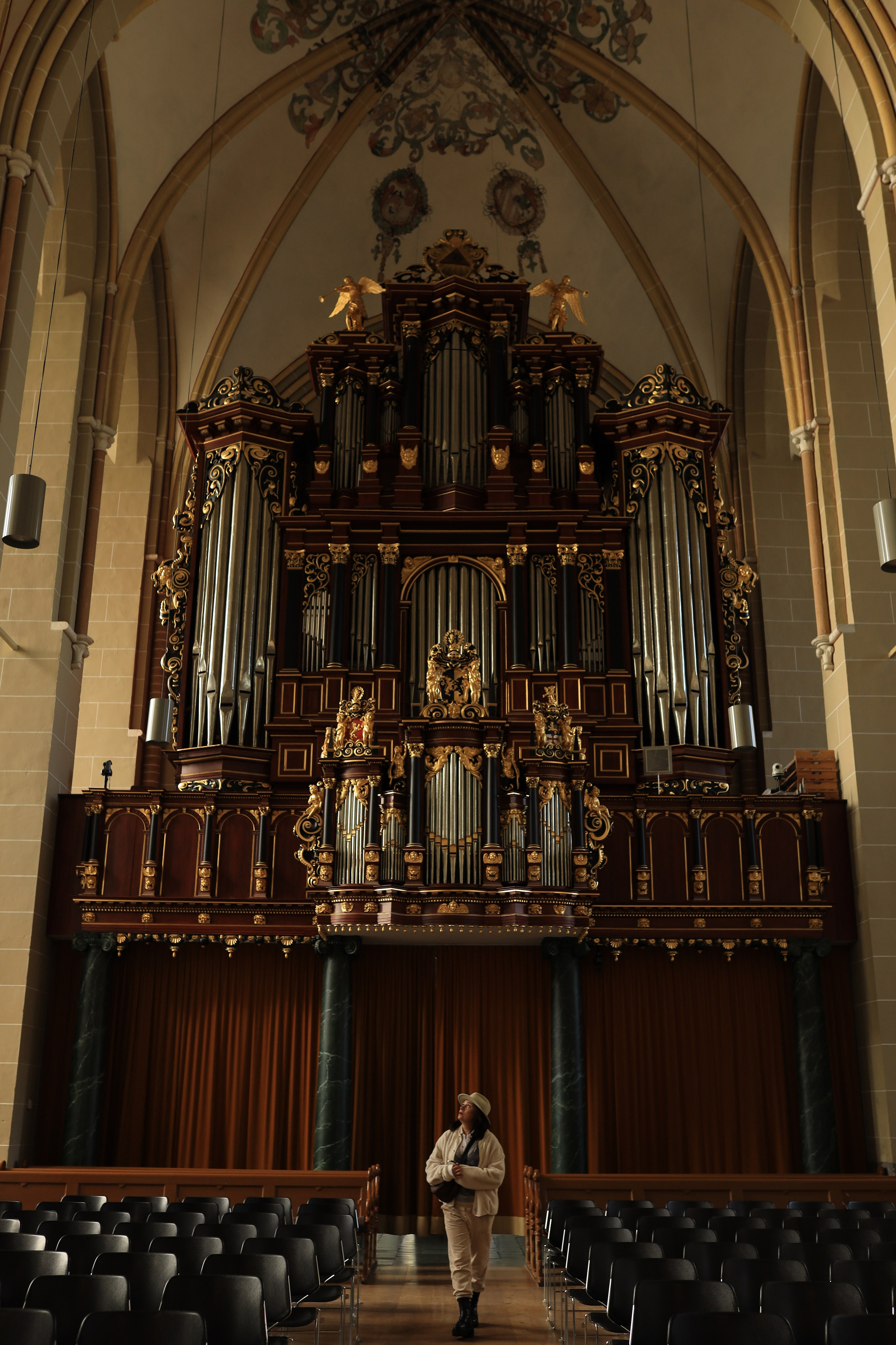
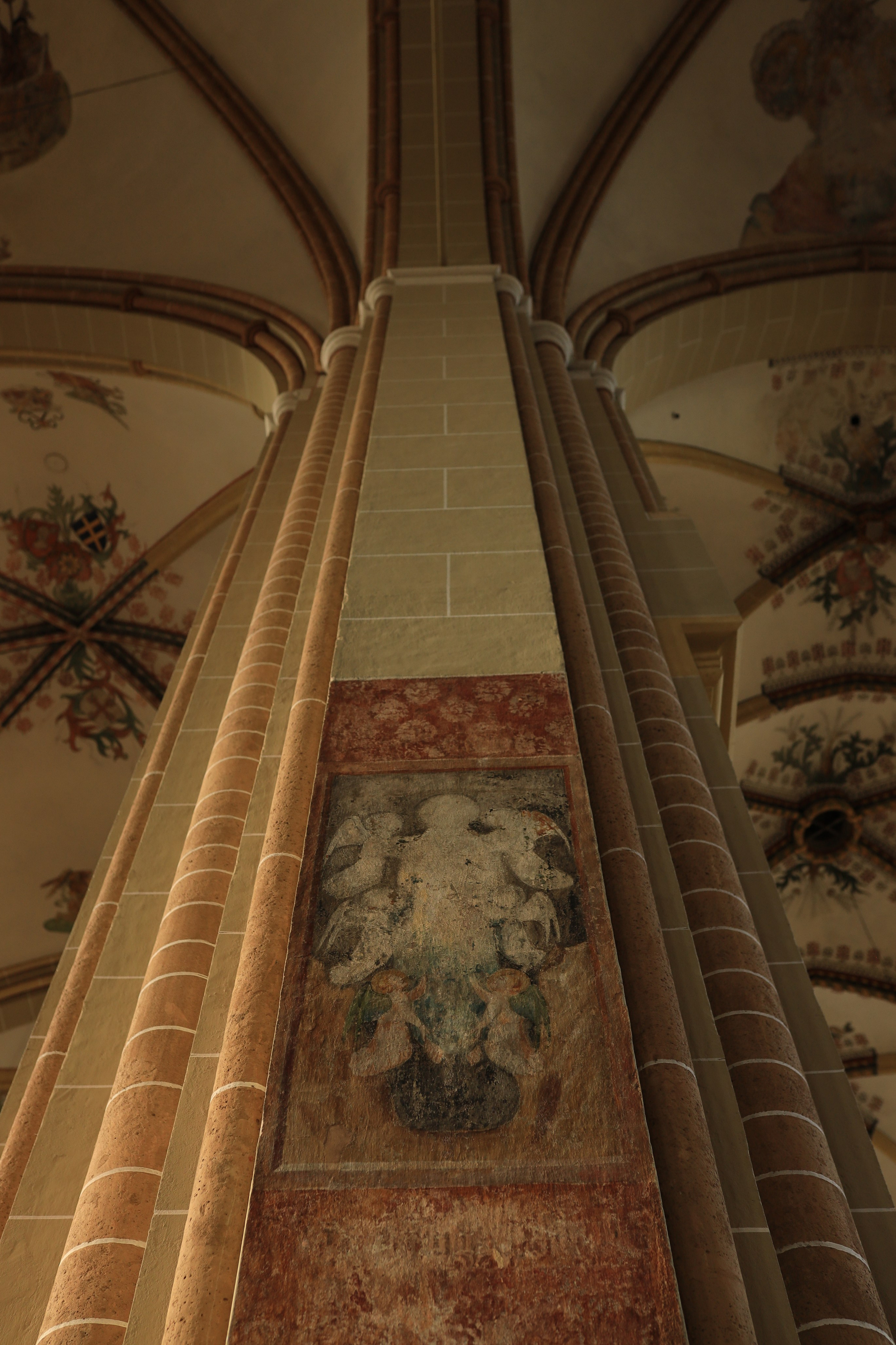
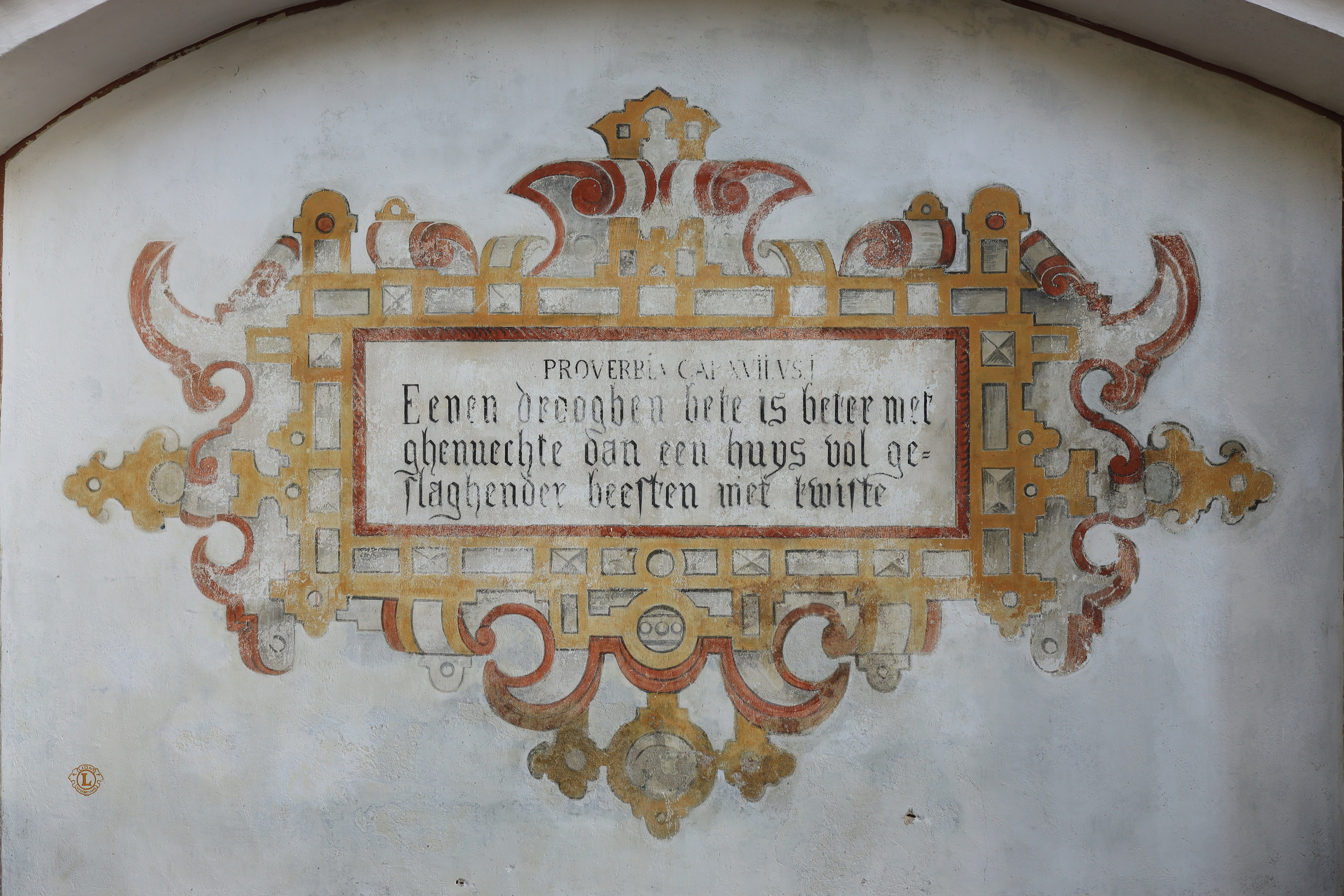
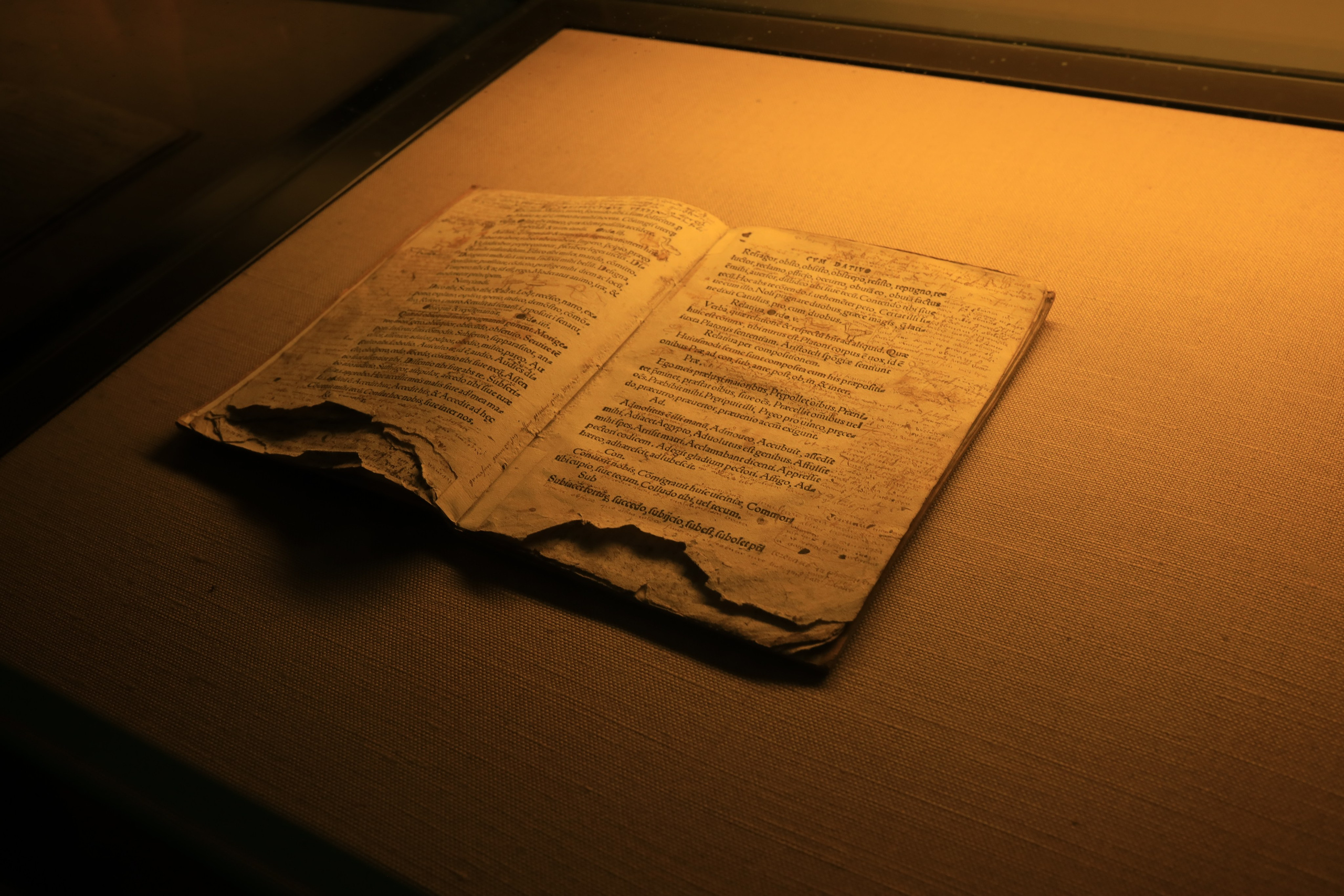
The chain library in the Church of Saint Walburga in Zutphen is not merely a place for storing books; it is a true treasure trove shrouded in mystery and legend.
Why Were Books Chained?
Before the printing press made books affordable and accessible, medieval books were incredibly rare and precious. Without mass production, each book had to be painstakingly copied by hand, a process that took thousands of hours of skilled labor. Only the librarian, using a special key, could remove a book from its chain.
In the late Middle Ages, as public libraries emerged, books were often chained to shelves to allow for public reading while protecting the valuable library collection from potential theft.
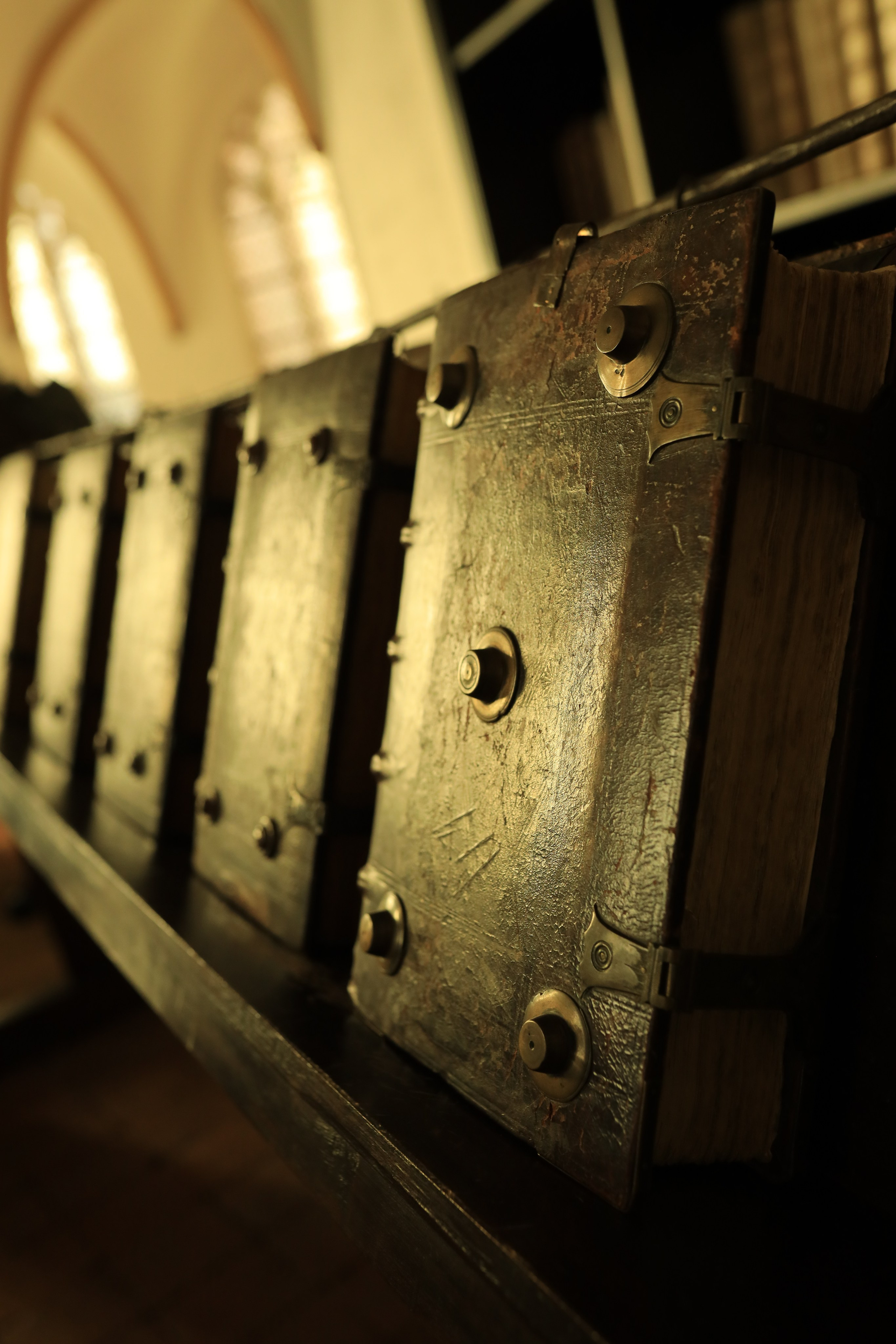
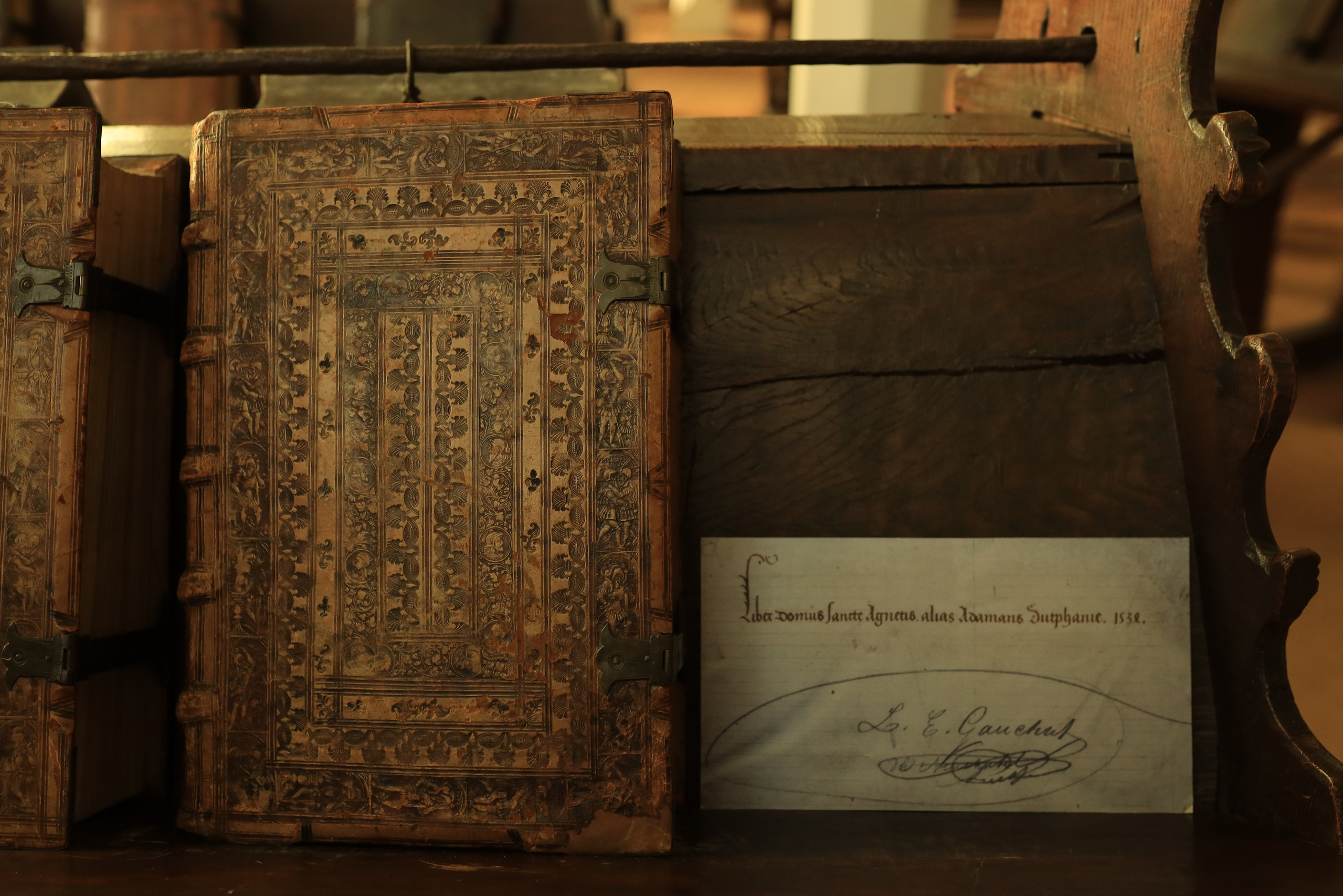
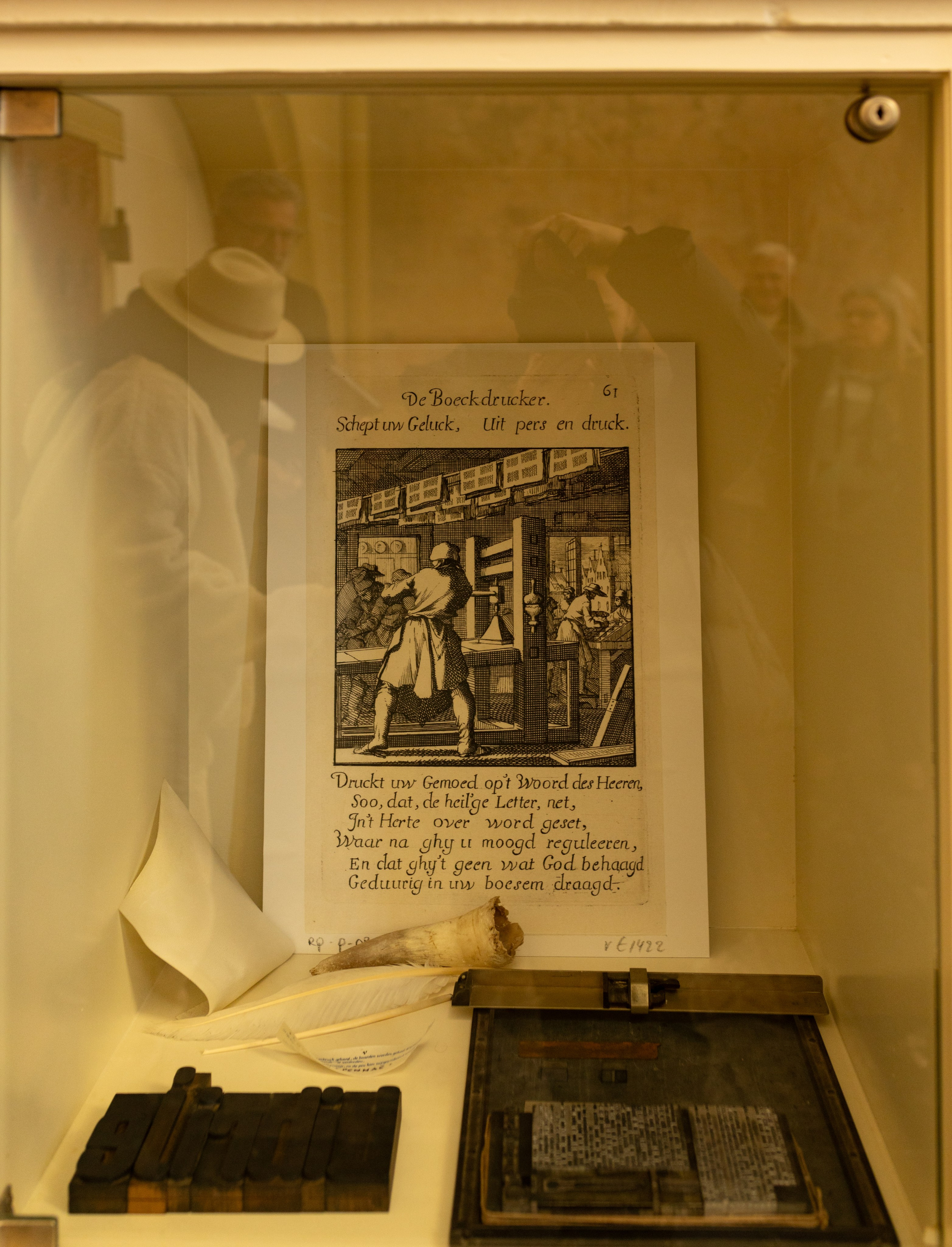
The Decline of Chained Libraries
With the advent of the printing press, copies became more accessible, and the value of individual books decreased significantly. By the late 1800s, the practice of chaining books had ceased. Today, only a few chained libraries remain, primarily for their historical significance.
Chained Libraries
There are four main chained libraries in existence:
- Hereford Cathedral Library
- Wimborne Minster Chained Library
- Librije in Zutphen
- Malatestiana Library
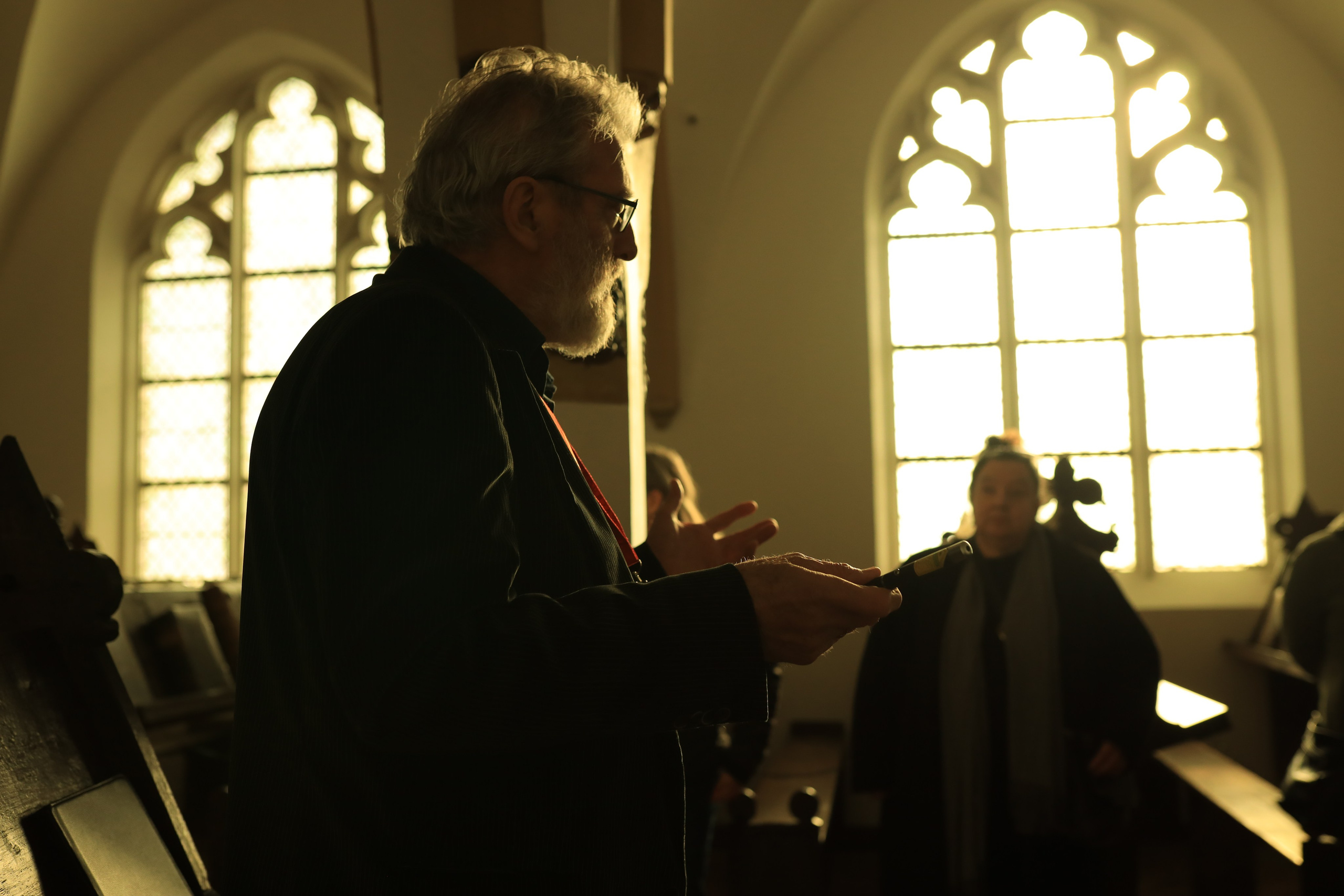
The Chained Library of Zutphen: Unraveling the Mysteries of an Ancient Knowledge Repository
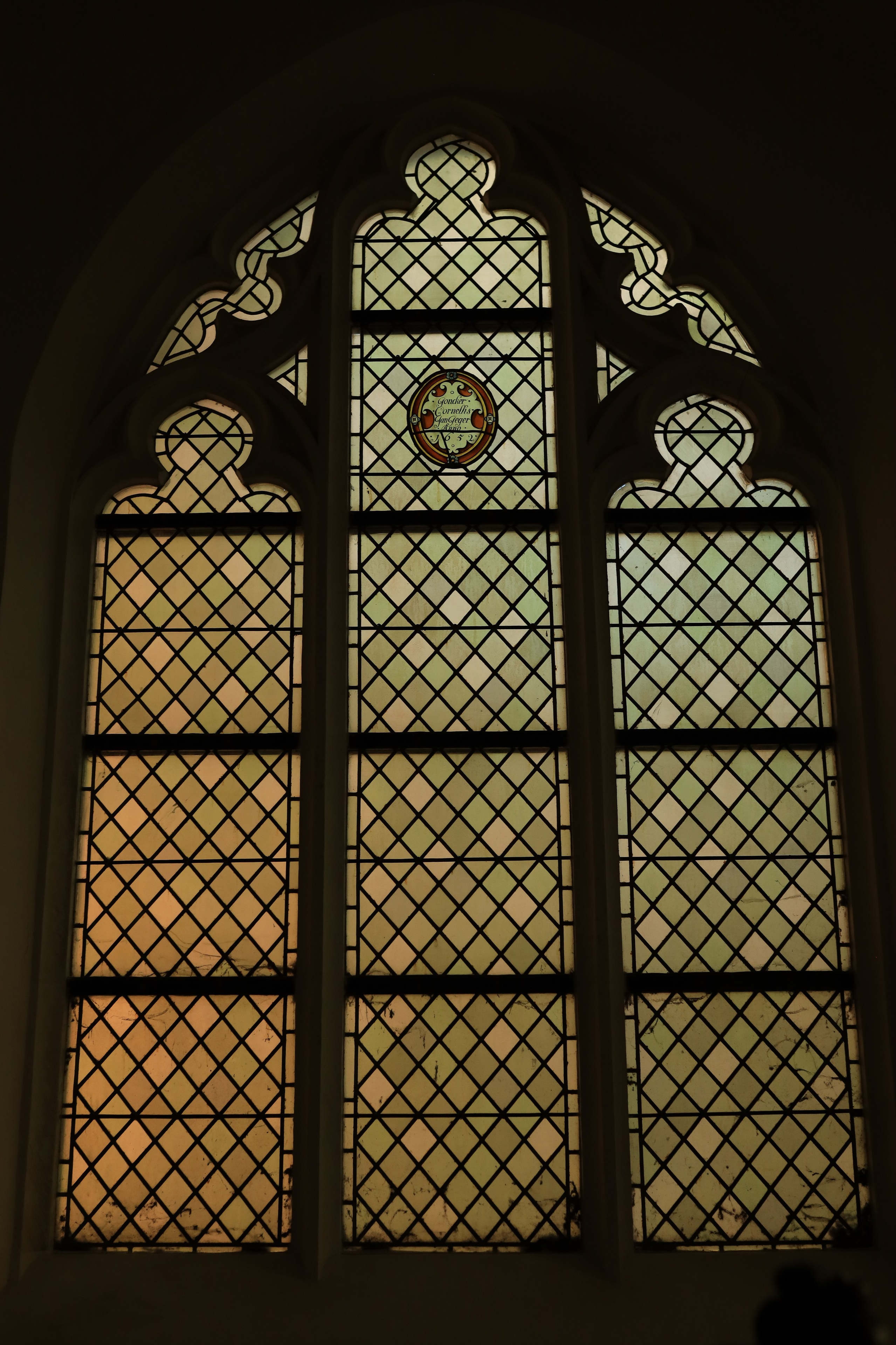
Forbidden Rooms:
Several rooms within the library have doors that are always kept locked. Local folklore suggests that these rooms contain particularly valuable books or artifacts, access to which is restricted to a select few.
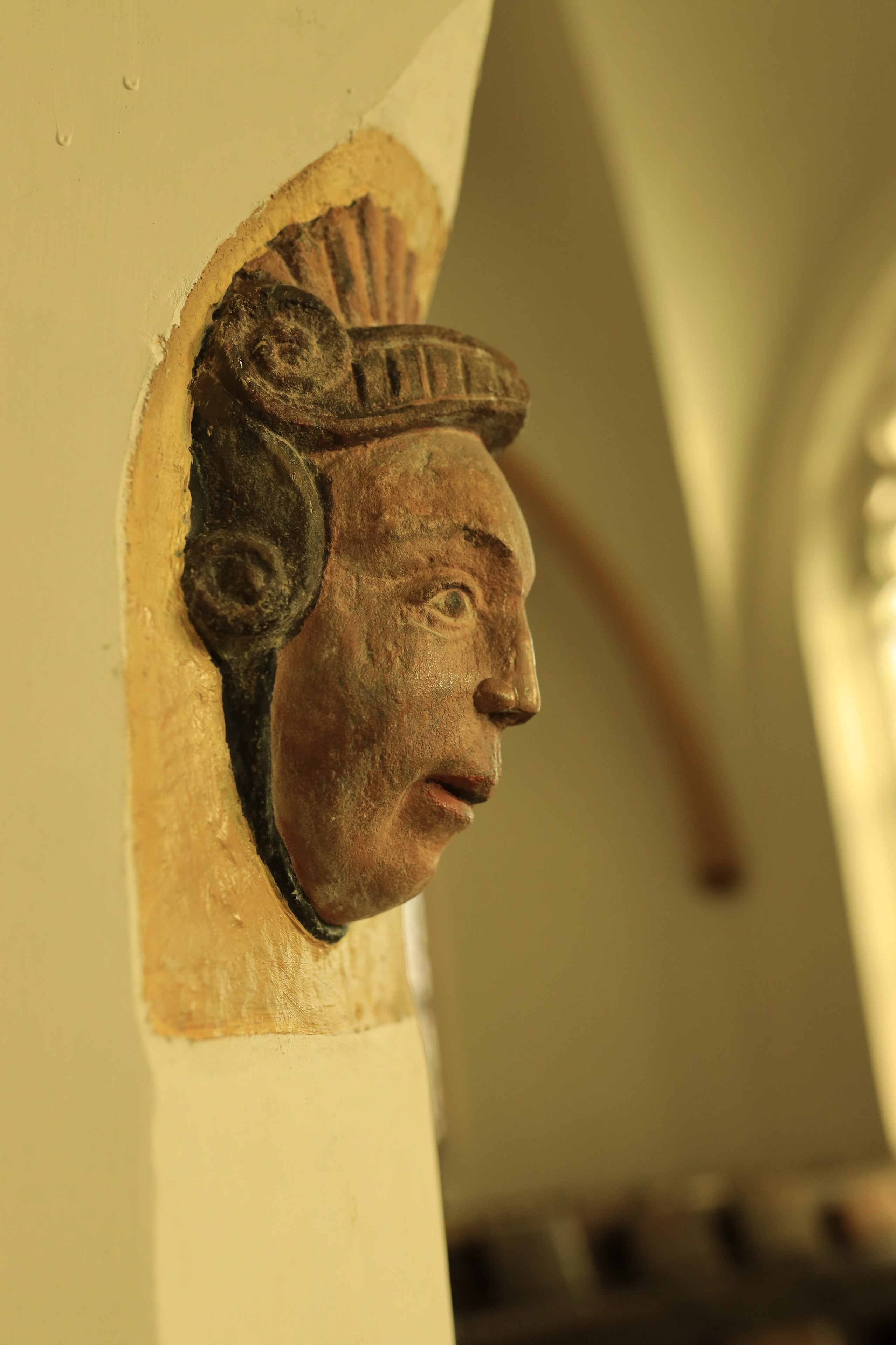
Life Beyond the Library Walls
The Librarian: The librarian was more than just someone who handed out books. They were a scholar who could provide guidance on any subject. A Gathering Place for Intellectuals: The library served as a hub for discussions and the exchange of ideas. Scholars and philosophers would gather here to debate the latest scientific discoveries and philosophical concepts.
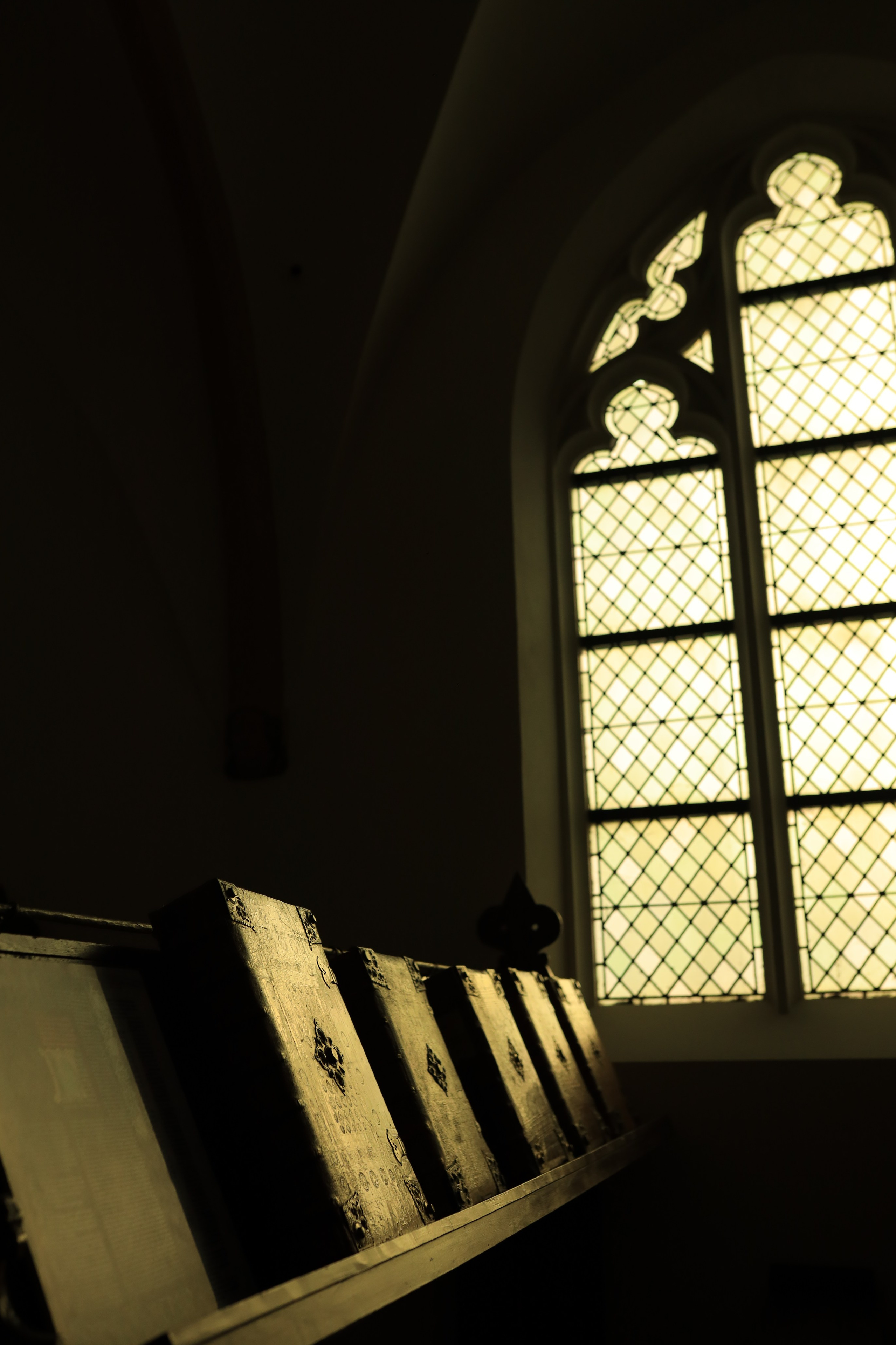
Beyond Chains
While the library is named for the chains that once secured its books, other methods were also used, such as leather straps and metal rings. The choice of restraint depended on the book's value and size. These chains symbolized not only protection from theft but also the connection between books and knowledge, emphasizing the importance of preserving these priceless artifacts for future generations.
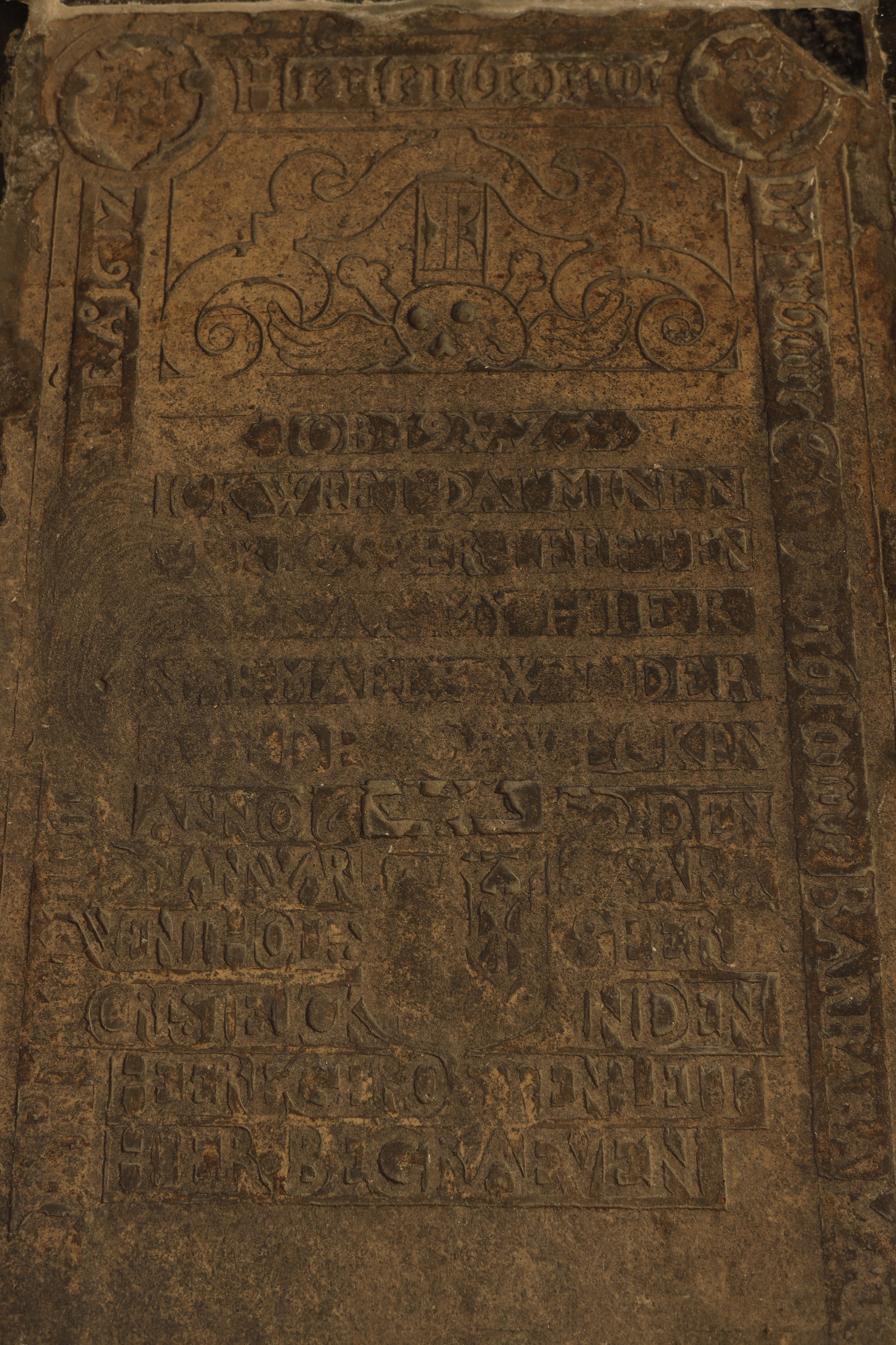
Mysteries and Legends
Spectral Inhabitants: There are many legends about ghosts haunting the library. Some say that at night, one can hear the rustling of pages and the whispers of voices.
Secret Symbols: Strange symbols can be found on some of the books and walls of the library, the meaning of which remains a mystery. Some researchers believe these symbols may be connected to secret societies or occult knowledge.
LATEST WORK'S
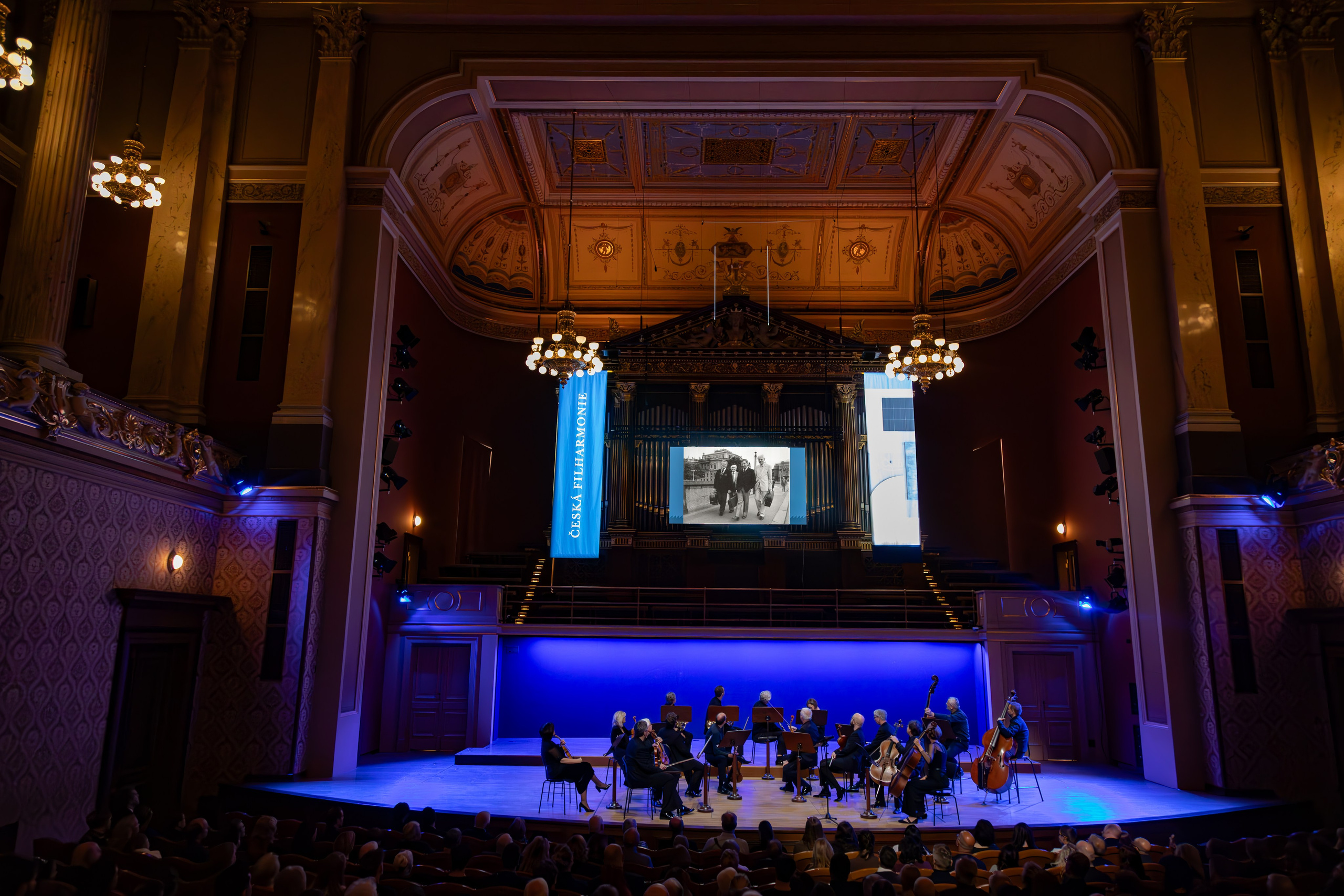
OPERA


